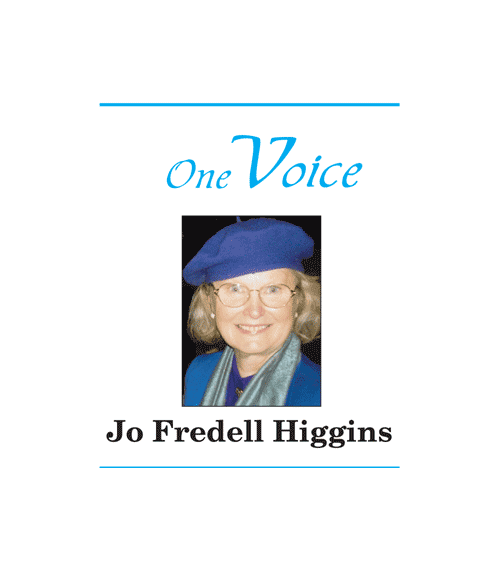
Helen entered the kitchen of her home in the small village of Ksawerow, in central Poland. She carried some firewood needed for the day’s soup cooking and for the warmth within the house. She struck matches to light the lamps. It was almost Easter and the family had eggs from the chickens and ham remaining from the autumn kill. They would not starve.
Something was wrong.
Helen could sense it. She called out her father’s name, but there was no answer. She called out her brother’s name, but, again no answer. Helen looked at the clock. It was quarter to four. Usually everyone was home by this time.
Helen looked out the window in the front parlour. She saw the brown satchel that her father carried on the ground. Her heart began to race. When she picked up the bag, she saw it had been knifed open. The German Nazi soldiers had been seen in the surrounding forest as late as last Wednesday. Could that be it? Could something have happened to her father?
Helen would learn that both her father and one brother had been abducted by the Nazi soldiers and shot in the forest not far from their farm. Two other brothers died at Treblinka, a Nazi extermination camp. The worst was yet to come.
Helen would spend a year at Auschwitz, the largest Nazi death camp. She worked at hard labor and had a five-digit number tattooed on her arm that began with the letter A. That would be a permanent reminder of the brutality she endured.
Helen remembered that it was the Easter season and that she should be home decorating Polish Easter eggs and singing songs. She taught some others in the camp the songs she knew and they pretended that all was well and that they would be free of this nightmare soon.
And thus it came to be.
Helen was only 22 when Russian soldiers liberated her from a Czechoslovakian labor camp when the war ended in 1945. Helen returned to her home and began to straighten and arrange everything. It again was Easter time so she and her friends could celebrate.
Helen had saved onion skins, beets, and grasses to fashion the Pisanki or jaja wielkanocne pretty eggs. The decorative eggs would sit in a basket in the kitchen. The candles would be lighted and the aroma of lavender from the fields would permeate the house. She would place photos of her father and brothers in honored places in the home and pray for the repose of their souls. Her mother died in the camps, and her body had been cremated.
The name Easter is a survival of the old Teutonic mythological belief in the goddess of Spring, Eostre, the Anglo-Saxon name of this fictitious character, for whom great festivals were made in the annual recurrence of the Spring season. In 669, Theodore, Archbishop of England, caused the adoption of the present rule that Easter Sunday comes the next Sunday after the first full moon following the vernal equinox, which occurs March 21. The full moon is called the Paschal moon, because it comes at the time of the Jewish Passover.
“Ring gladly bells this Easter morn. Another Easter day is born. Let Love’s white wing the tidings bring,” Helen would sing. She planned soon to be going to America and she was learning English. She could get a job as a kosher cook in America. She could teach others how to make the beautiful decorative eggs that she had made since she was a child. This Easter Helen’s heart was full of optimism. The future looked bright. And the future was promising freedom.

